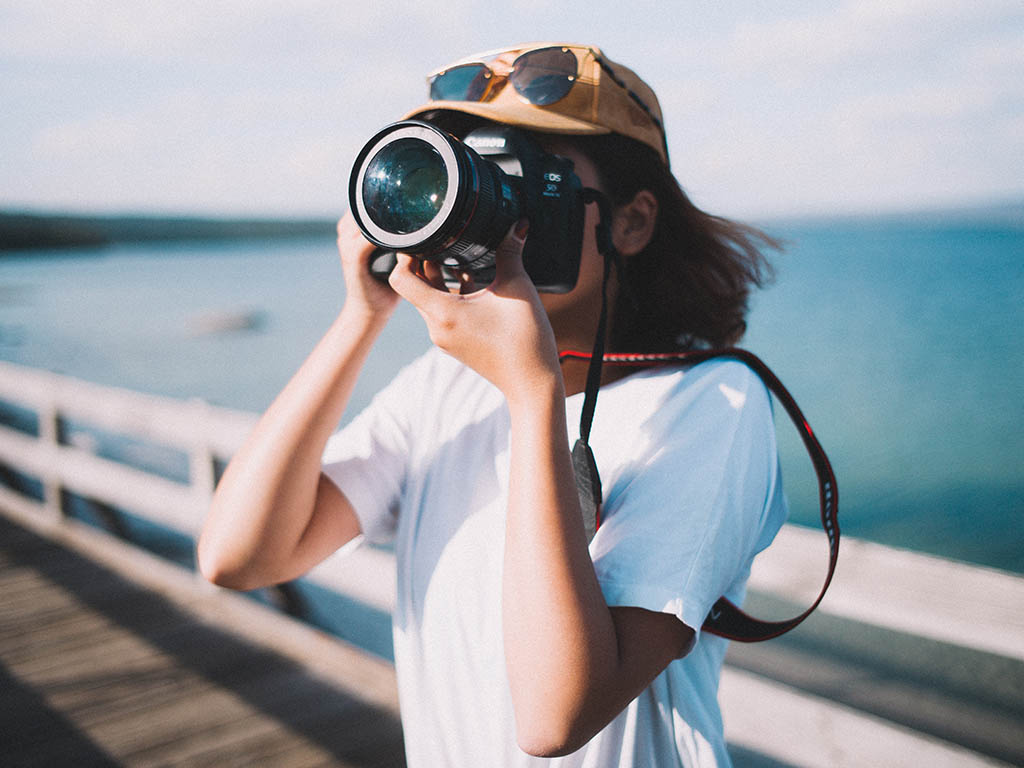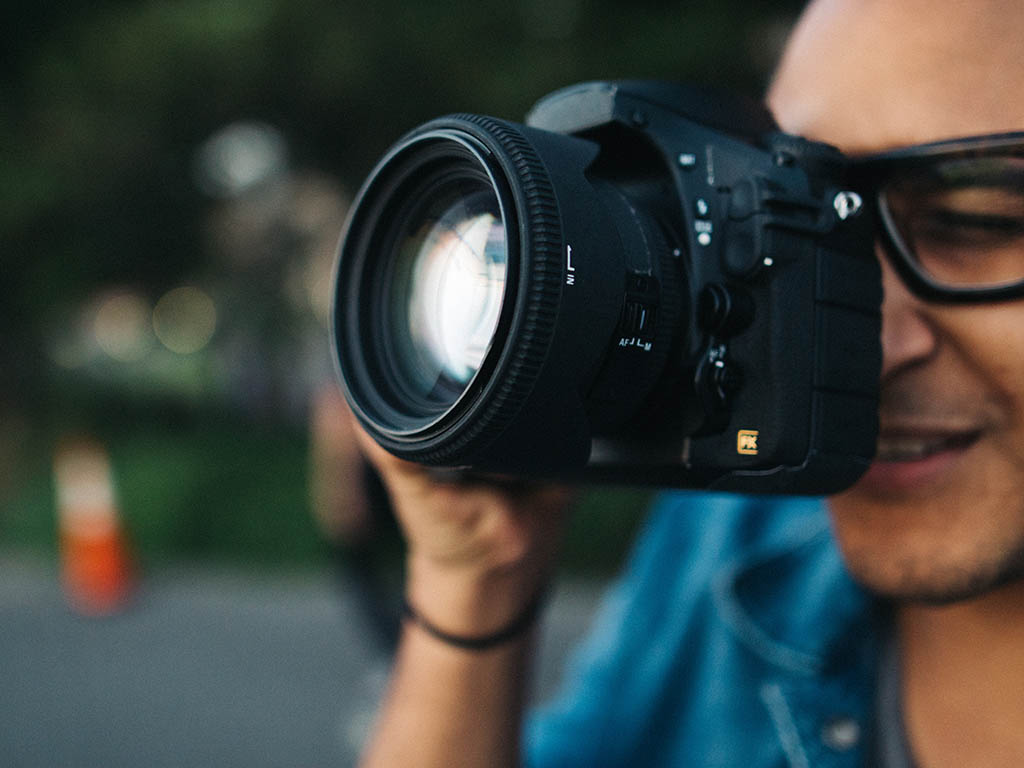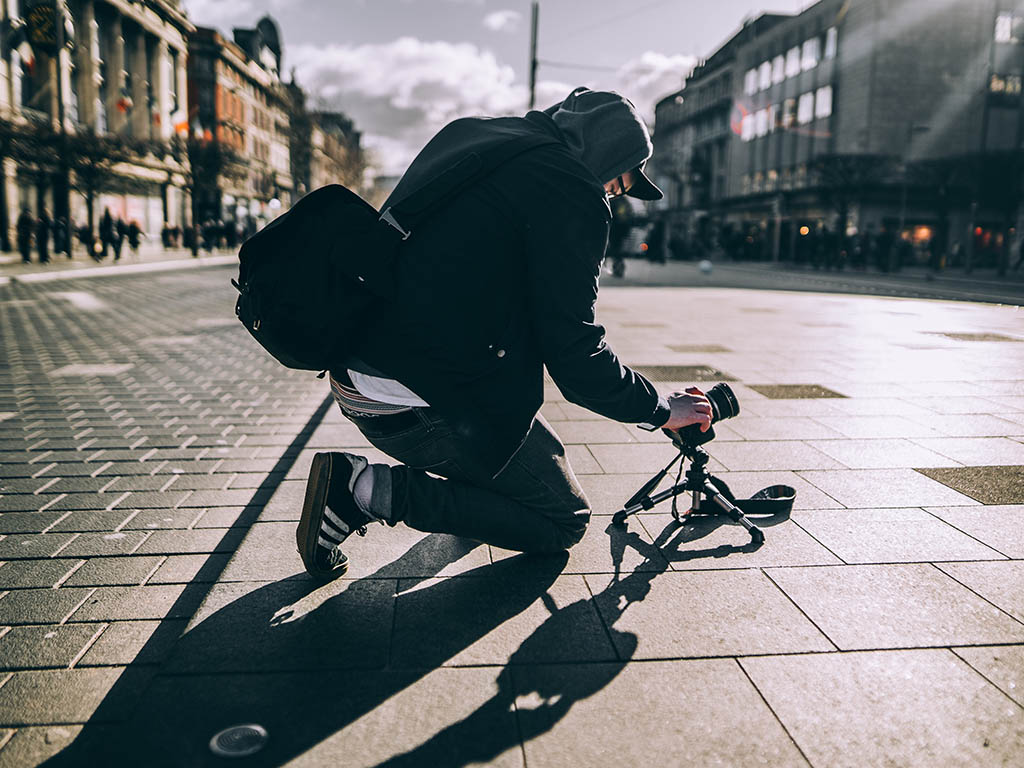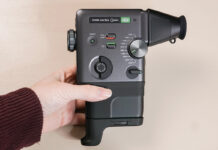
Choosing a new camera nowadays can be a little overwhelming—there are just so many different options on the market. Today I’m going to try and take some of the pain out of your search and help you find the camera that’s right for you.
First of all, set your budget
The very first thing you need to solidify is your budget. This should be your number one decision making factor when you decide to buy a camera. Even if you plan to shoot professionally, you need to know the amount you are comfortable spending. And your budget should take into account more than just the camera body.
Don’t forget about accessories
When you’re buying a new camera, it’s easy to get so wrapped up in the specs that you lose sight of the bigger picture. It can be really tempting to push your budget to get a camera with a touch screen, or double card slots or higher frame rates, but it’s important to save some of your budget for necessities like a memory card and a lens.
With just a camera, a lens and a memory card you are ready to shoot, but there are a lot of accessories that can open up new possibilities. For example you might end up buying additional lenses, filters, memory cards, flash units, light modifiers, and maybe a tripod. And what about a spare battery, a bag to carry everything in, or a new neck strap? (The neck straps that manufacturers include as standard are often not the best.)

Mirrorless or DSLR?
The question of whether to go with a mirrorless camera or a DSLR is an interesting one. I currently shoot with a DSLR, but I have been on the verge of switching to a mirrorless camera for quite a while now. With every passing month the argument gets stronger and stronger.
There’s no doubt in my mind that mirrorless is the way of the future—there are just too many functional advantages over DSLR. But right now, DSLR is still holding it’s own in a number of key areas. For example, you have a better range of lenses to choose from when you choose a DSLR. And lenses make such a difference to your work. The body and the lens are very distinct parts of the overall equation, and both need to be assessed on their own merits.
I would say that what you are shooting is the biggest deciding factor in your lens choice. I could go on and on about how to choose the right lens, but that’s a topic for another article. If you are still unsure about what you’ll be shooting most regularly, then I advise something like a 24-70mm lens, or the equivalent thereof, depending on your sensor size.
Invest in the biggest sensor you can afford
When it comes to buying a new camera, my second piece of advice is always to buy the camera with the biggest sensor that you can afford. The rule of thumb with sensors is the bigger the better. Bigger sensors give you better image quality, better low light performance, and bigger files. Bigger files are preferable because they give you more options for post-processing and printing. Be sure to get a camera that is capable of shooting RAW images, rather than just JPEGs like most smartphones.
Click here to read more about the various image file formats.

Don’t stress about image quality
This may sound like heresy to some, but I don’t really think about modern cameras in terms of image quality. Right across the board, manufacturers are making cameras that are capable of producing beautiful images, in the right hands. Let me put it like this: it is impossible to name the camera that was used to make an image just by looking at the image itself. Great work stands on it’s own two feet.
I’m going to make a bold statement here: Get a Canon EOS Rebel T6 and a Yongnuo 50mm f/1.8 lens and you are ready to take on the world. No you won’t attract envious looks from camera geeks, but who cares?
Ok I have a camera—now what?
It’s a great feeling when you get your hands on a new piece of equipment and you feel this upswelling of potential creative energy. “Oh the things I’m gonna do with this!”. Unfortunately the reality can often fail to meet our expectations, and this is where two of the most underrated qualities of great photographers come into play—patience and perservence. We often talk about a photographer’s sense of timing, or colour, or rhythm, or placement, but rarely do we speak about the time they put in to building up a truly special body of work.
If you happen to make one great image in a day, that’s a special day. But that day might only happen once in a month, maybe less. Of course it depends on how often you shoot but the best piece of advice I can give you is:
Stay calm and keep shooting
Remember that photography is about the practice, the doing of the thing, not about the equipment. Choose the camera that will help you meet your goals, not the one that looks the nicest. Yes there is a place for form and aesthetics, but photography is about creating work that holds meaning for you. It’s not about looking cool. Think of your creative energy as a finite resource—the more you waste on extraneous factors the less you will have for the actual practice.
Return policy
Finally, what happens if you try out your camera and quickly realise it’s not right for your needs? Well, that’s the point at which you’ll be relying heavily on your vendor’s return policy. Do yourself a big favour and know the return policy before you buy. And while you’re at it, find out about the warranty and what exactly is covered.
Check out the entire range of cameras and accessories available at BestBuy.ca.
Good luck in your search and feel free to hit me up in the comments with any questions!



